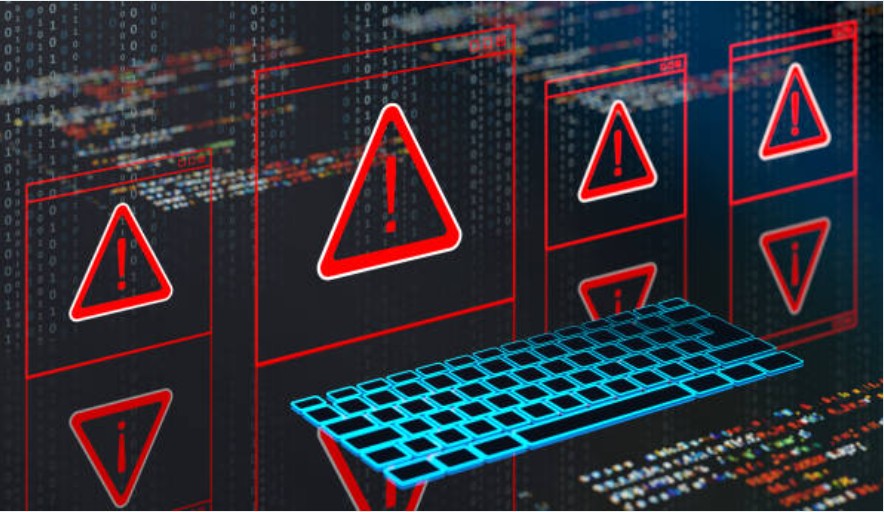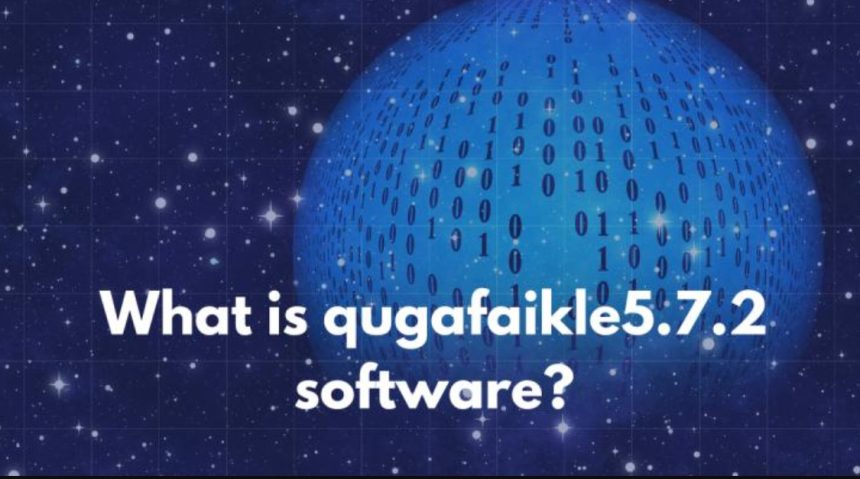A few weeks ago, I noticed something strange while tidying up my PC—an unfamiliar name popped up in a file log: qugafaikle5.7.2. At first, I thought it was just a file from some software update. But the more I looked into it, the more curious (and a little concerned) I became.
There was no icon, no clear source, and worst of all—no real trace of what is qugafaikle5.7.2 software and can I get actually was. So, I started digging. If you’ve stumbled across this name yourself or seen someone mention it online, here’s what I discovered about it—and what to do next.
How I Came Across Qugafaikle5.7.2 and Why It Caught My Attention?
It all started during a routine check of my Task Manager and Startup apps. I was trying to speed up my system and remove unused programs when I spotted something odd: a file or process listed under a name I didn’t recognize—qugafaikle5.7.2.
There were no program icons and no clear developer information, and it wasn’t something I remembered installing. Naturally, I Googled it. The results? Barely anything. That’s when I knew I had to look deeper—was it a legitimate file, or something potentially harmful?
Is Qugafaikle5.7.2 a Real Software Program?

After scouring forums, software directories, and even GitHub, I found no official record or product called qugafaikle5.7.2. It doesn’t appear to be a commercial app, plugin, or open-source utility.
What made this more unusual was the format of the name—it resembled autogenerated strings that I’ve seen malware or background scripts use. The “5.7.2” could be a mock version number, intended to make it look like part of a legitimate software suite. But the core name—qugafaikle—is gibberish.
This lack of online presence is a red flag in itself. Real software, even obscure ones, tend to have developer pages, documentation, or user reviews. This had nothing.
Could Qugafaikle5.7.2 Be Malware or a Hidden Process?
In many cases, strange software names like this are either:
- Obfuscated files (intentionally scrambled to avoid detection)
- Leftover registry entries from previously removed software
- Or worse—potential malware or spyware
To be safe, I ran a full system scan using Malwarebytes and Windows Defender. I also used VirusTotal, uploading the file directly for multi-engine scanning. In my case, it came back clean—but that doesn’t always mean it’s safe.
The file could still be part of bloatware, adware, or some kind of low-grade tracking tool embedded within freeware.
Table: Signs a File Might Be Suspicious or Unsafe
| Indicator | What It Could Mean |
|---|---|
| Random or gibberish name (e.g. qugafaikle) | Possible obfuscation to avoid detection |
| No publisher or developer details | May be unsigned or unverified software |
| Recently appeared without your action | Could be bundled with another installation |
| Doesn’t show up in the Programs list | Hidden or embedded background process |
| Uses system resources without explanation | Might be mining, spying, or slowing your system |
When I ticked off this list, qugafaikle5.7.2 ticked several boxes—and I chose to treat it with caution.
Can You Download Qugafaikle5.7.2 Software on Purpose?
After all this research, I can confidently say: No, you shouldn’t try to download qugafaikle5.7.2, and there’s no trustworthy place to do so even if you wanted to.
There’s no official website, app store listing, or GitHub repository for anything by that name. If you see a download link claiming to offer “qugafaikle5.7.2,” there’s a high chance it’s:

- Malicious
- Hosting spam ware or ransomware
- A clickbait trap designed to generate traffic or trigger ads
You’re better off avoiding it entirely, especially if you care about your data security and device health.
What Should You Do If You Find Qugafaikle5.7.2 on Your Device?
Here’s exactly what I did (and what I recommend you do):
- Scan your system using antivirus and anti-malware software
- Use Task Manager to check if the file is running in the background
- Right-click the file and choose “Open File Location”—note the path
- Upload the file to VirusTotal.com for a second opinion
- If in doubt, quarantine or delete the file and monitor your system performance
Additionally, you can use tools like:
- Autoruns by Microsoft Sysinternals to detect hidden startup entries
- Revo Uninstaller to clean leftover software files
- CCleaner (advanced users only) for registry cleaning
Final Thoughts: Is Qugafaikle5.7.2 a Threat or Just a Ghost File?
In my opinion, qugafaikle5.7.2 software isn’t real in any practical sense. It’s either a randomly generated file name, a symptom of malware camouflage, or a sign of corrupted data left by another program.
And while it might not be dangerous in every case, the uncertainty alone makes it worth treating with caution.
If you ever come across unknown files like this on your PC:
- Don’t ignore them
- Don’t download anything claiming to be a “fix”
- And always scan before you act
That’s exactly what I did—and it gave me peace of mind knowing my system was clean and protected.






